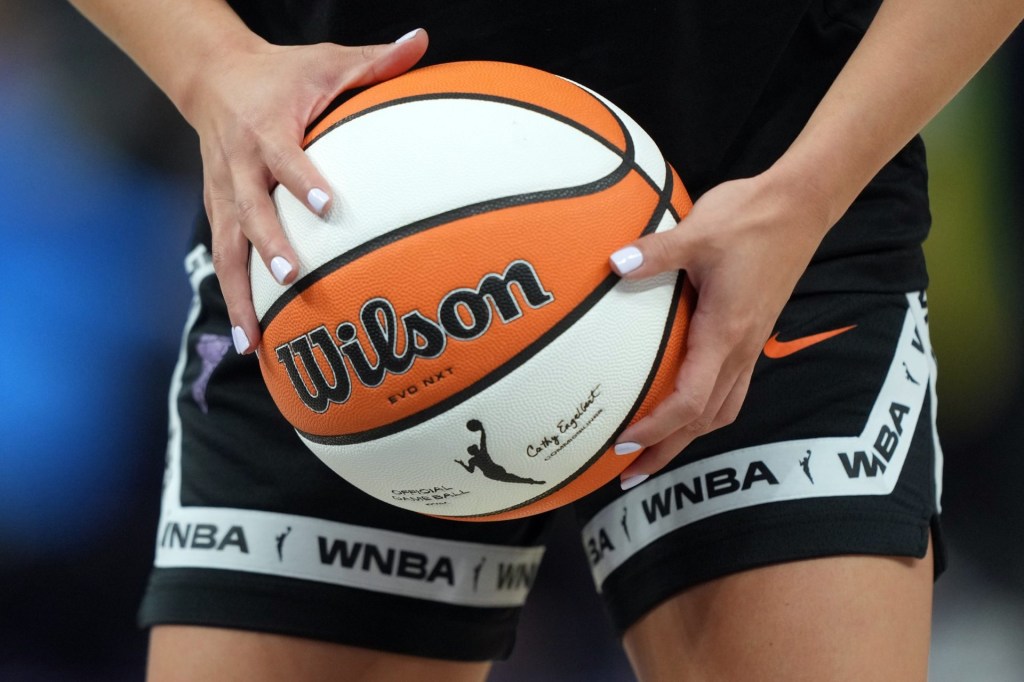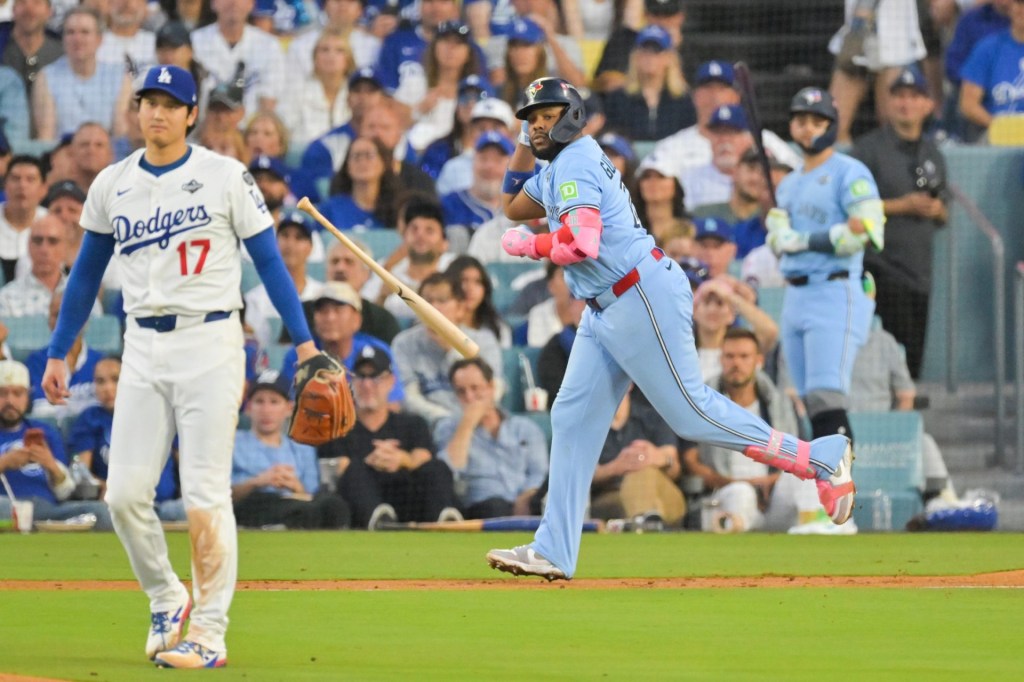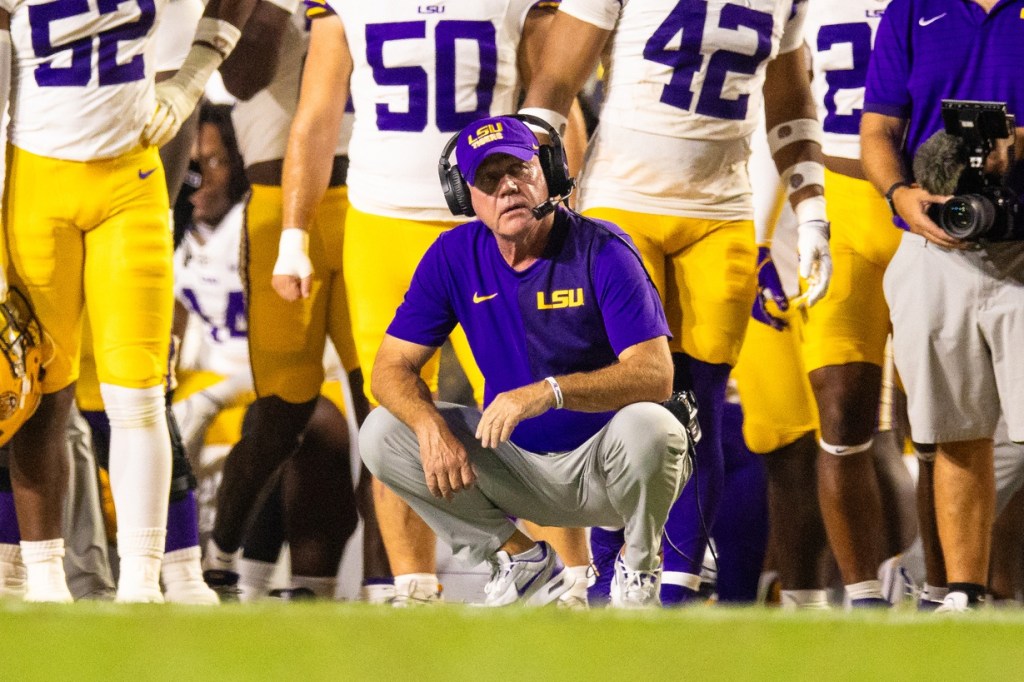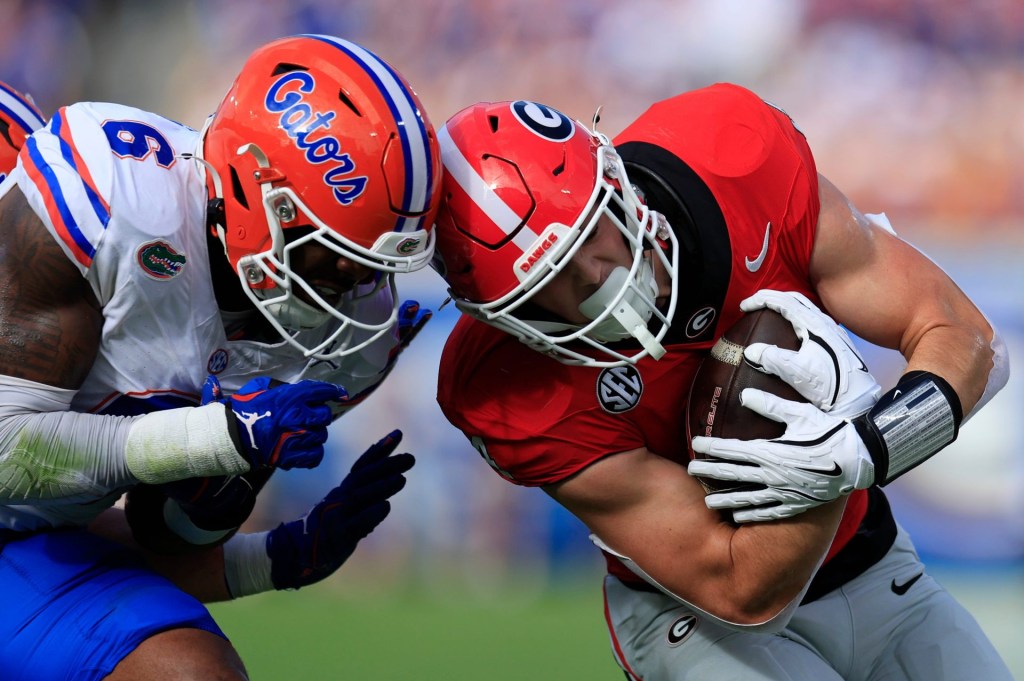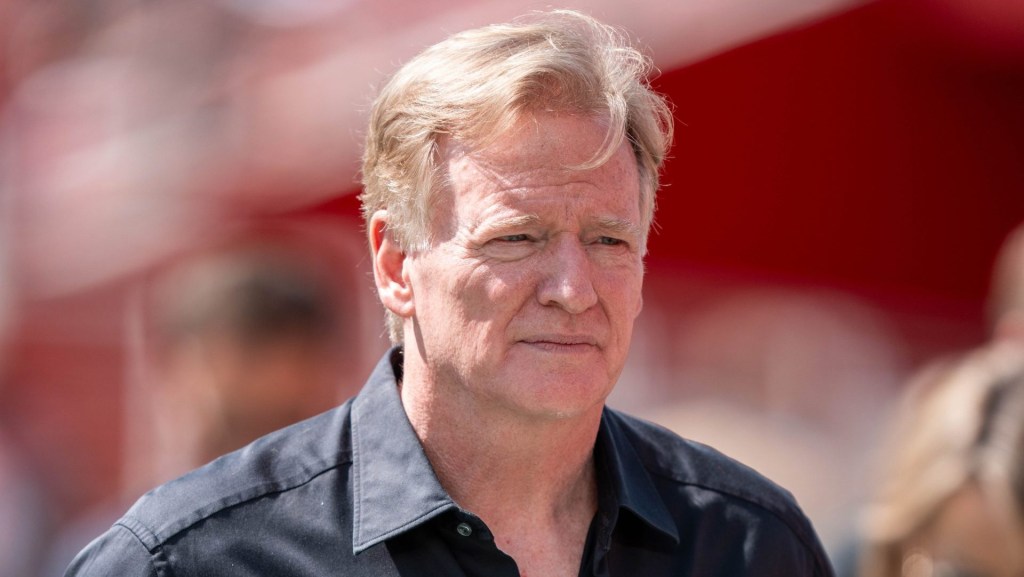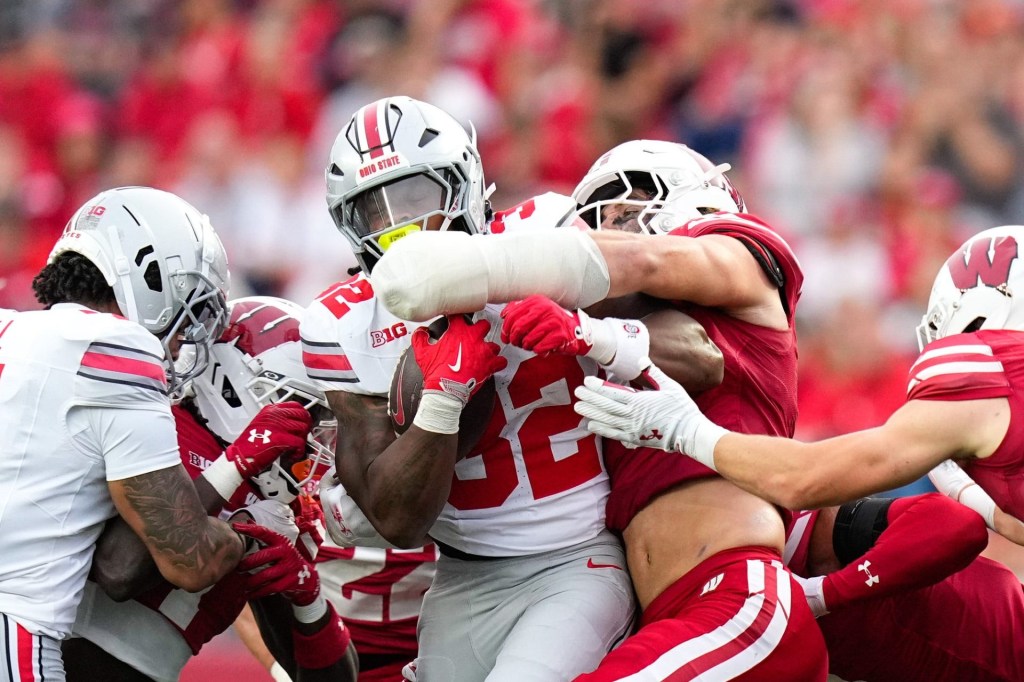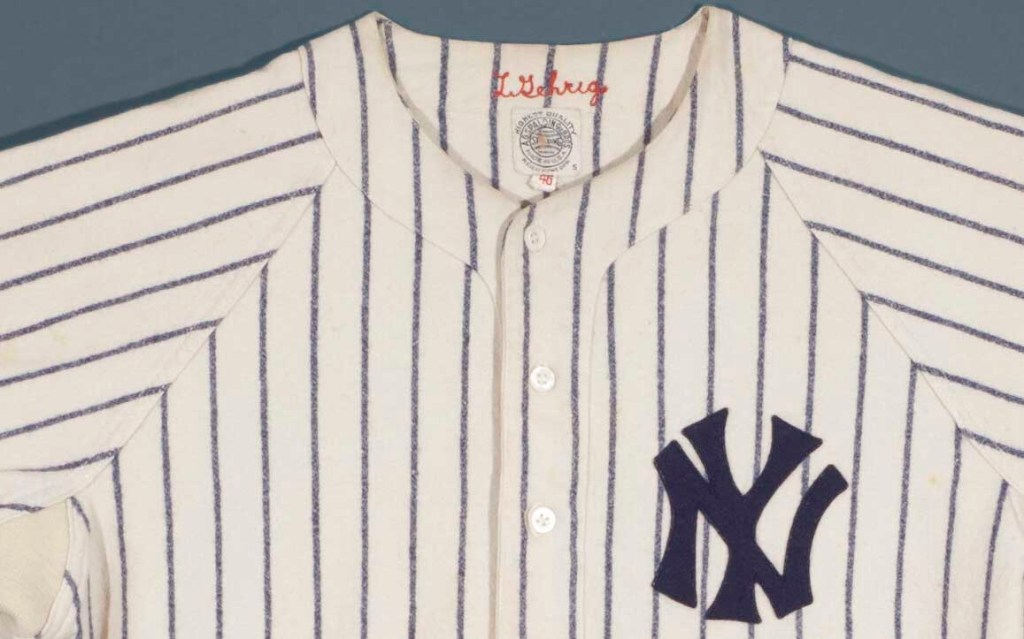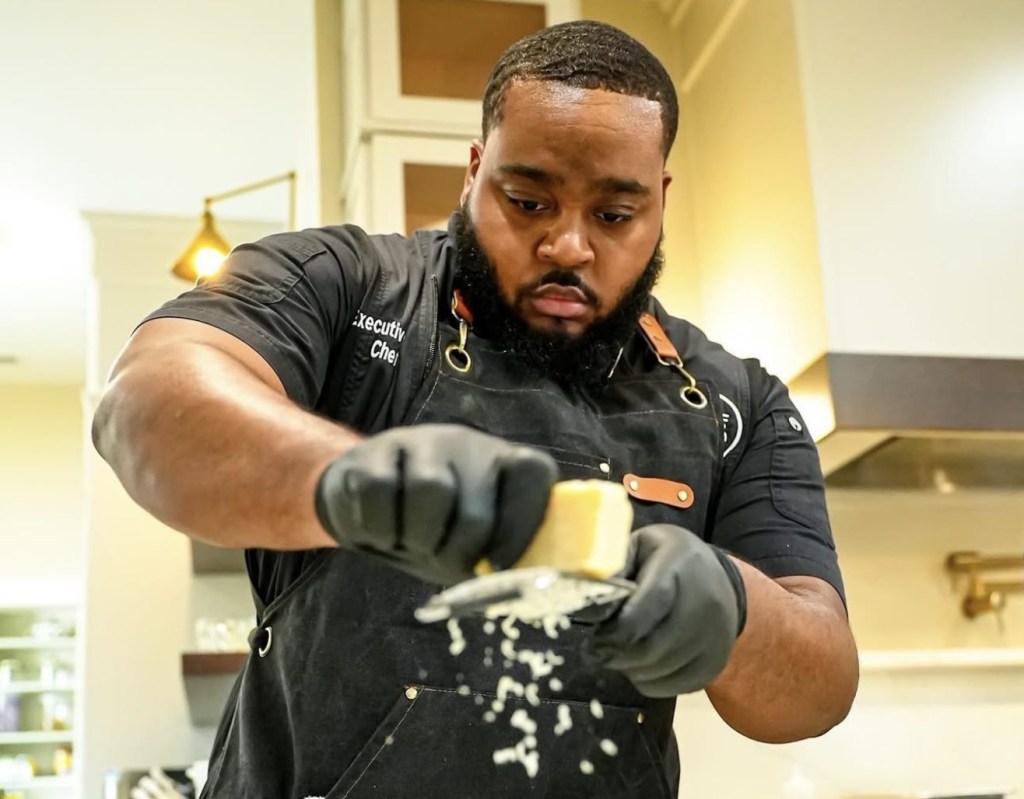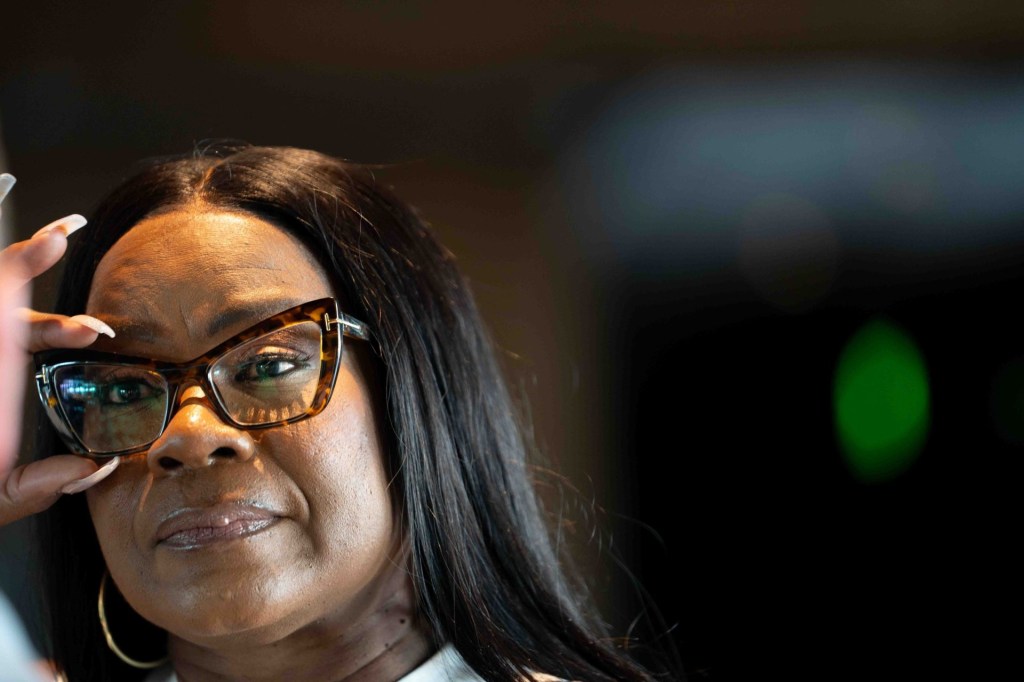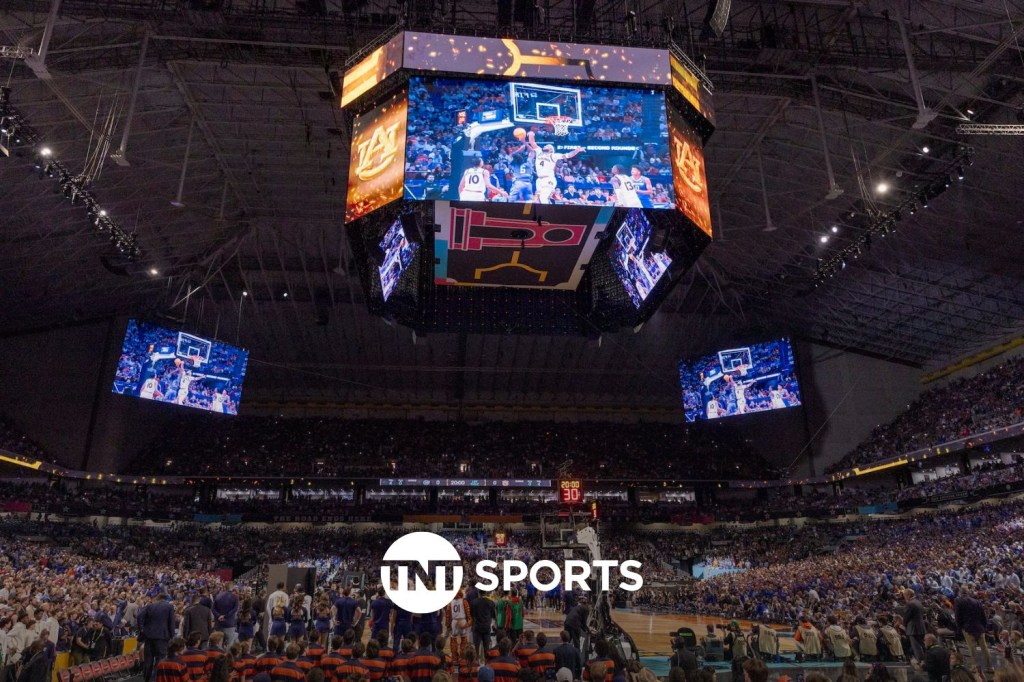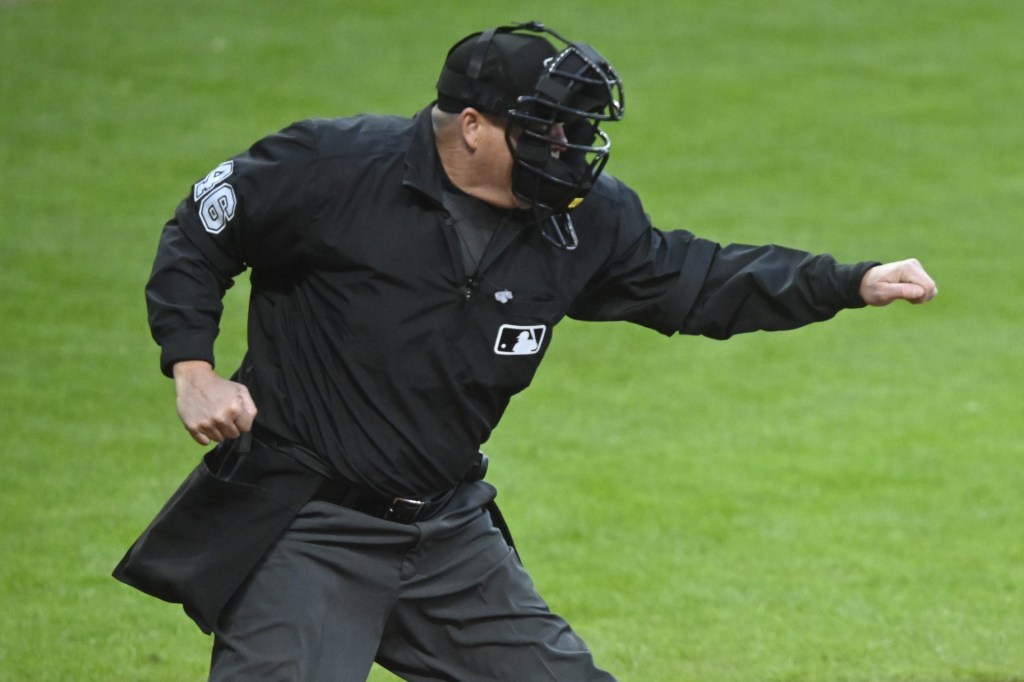By: Travis Smith, @travis_d_smith

Front Office Sports had the privilege to sit down with Associate Director of Athletics for Sports Marketing and Communications, Zach Dayton, from Fairfield University. Zach wears many hats for the Stags athletic department as he oversees the department’s marketing strategy, athletic communications, ticket sales and operations, social media, multimedia content, spirit groups and community relations. Dayton offers our readers some great content by sharing his tips and suggestions from his path through college athletics. He was gracious enough to offer up his tips on the importance of continual professional development beginning in those college years, and how to leverage technology in standing out or preparing for the big interview!
You have been very active with your National Association of Collegiate Marketing Administrators (NACMA) membership. Please talk about some of the benefits you’ve experienced from being in NACMA and how it has helped you in your career so far. What would you like to tell the young professionals about professional development memberships like NACMA?
I am very grateful for my NACMA experience, I tell everyone that. When my first boss encouraged me to get involved as a 1st year graduate assistant I went to the convention, registered for basic training and immediately was hooked; I wanted to be involved. I’ve been able to learn a lot about the athletic marketing space. I’ve also learned a lot about other areas of college sports as well like fundraising, ticket sales and digital media and I’ve done it without having a sports marketing background when I was an undergrad; it wasn’t a career interest of mine at that point.
NACMA helped me learn a lot in a hurry. NACMA also gave me a very supportive group of people to bounce ideas off of. Some of my closest friends are members of NACMA that I speak to daily and weekly. I also really enjoy giving back and assisting with programming and content for the convention in June. I was a part of a team this year that put together the Young Professional’s Workshop at convention. It was a great experience.
My message to young professionals is to get involved, to push professional development to be a daily, a weekly, and a monthly component of your career. That’s what is going to make you better and how you will learn a broader scope of the industry quicker. That, combined with working extremely hard, pushes you to outwork the competition and grow to become a better leader. Professional development is part of my daily life and I wouldn’t have my last two jobs and the one I’m in now if I wasn’t dedicated to professional development.
Speaking of NACMA and the importance of professional development, you have served on the NACMA Young Professionals Committee, Eastern College Athletic Conference Marketing Committee and NCAA Leadership Development Committee. Could you speak on your experiences serving on these committees and how it has benefitted you in your past and current positions? Should someone reading this conversation be looking to sit on committees?
For me, getting involved in committees allowed me to understand the industry and challenged me to be more vocal. I’m not naturally a very good public speaker so it challenged me by having the opportunity to speak knowledgeably about our craft in front of a larger audience at convention. Committees allowed me to understand the landscape of college athletics on a broader scope. I encourage anyone who is invested in the NACMA organization to get involved in committees. They promote opportunities as well at the convention. Take a chance and apply for a committee because they are full of phenomenal people and we are all in this thing together. They’ve got some great experiences to share, which makes the experience as a NACMA member that much better.
A student membership is only $25 and the access that comes with that membership is amazing. It is worth it to dive in and experience those things and start early because competition for jobs in our field has never been stronger. The sky is the limit because of the resources available to you and it is great to get started while you’re still in college as a student.
Neither of your degrees were directly related to sports. Talk about the decision making process behind choosing your major and master’s degree concentration, and whether or not you think sports management is a wise or not so wise degree track for a young professional looking to work in sports business.
I went to college with the purpose of getting a business degree in order to manage a business one day. Both of my parents are blue-collared people and managed businesses growing up so I had that interest and wanted to pursue it. I received a business degree that gave me a broad range of business skills. I’m very fortunate to have the job that I do and fortunate to be in this industry. Each of my full time jobs have given me a great deal of experience managing people and my broad business degree has impacted how I am able to manage people and make tough business decisions.
My master’s degree was about 70% communication/Public Relations related and shortly after I started to oversee our communications office when I was at Pace, so that helped me in a positive manner. With those two degrees, being a student of the industry and consistently building relationships I’ve been fortunate to build a career in college sports.
For someone that did or did not focus on sports management as a college major, how would you recommend someone go about trying to break into the industry? What do you look for in an aspiring sports biz candidate’s resume?
If someone had a sport management degree and was looking for a job with us I would look at how they took advantage of their internship experience that they had thus far. If they made the most of each opportunity, took on new projects and displayed a positive work ethic that is a good image to portray. I look at all internship experience, in the sports marketing world or not, and see how that experience could benefit our goals within the marketing and communications team. I hire for a lot of entry-level positions on the administration side and I’m oftentimes looking for transferrable skills.
When you are interviewing there are so many ways you can shine as a professional through technology that’s available. One that I currently feel is under utilized is building a website through online platforms where you don’t have to know how to write code. You can own your own URL and submit that website with your resume for the position. That is a phenomenal resource and it’s available to you as an option. It also positively impacts your personal brand.
If you’re a young professional and you’re really going for that big interview you’ve got to go all out. If you’ve got a game plan and can show how your skill set can benefit the institution you will be in good shape. Leverage technology to display your career achievements.
At your last job at Pace University you and your team saw an 83% increase in the athletic fundraising efforts under your guidance. What did you implement to help achieve this 83% increase?
We had a great team at Pace University. We sat down and put a plan together and it was a well-rounded approach to all alumni, parents and friends of our varsity programs. We sat down and developed a plan that showcased the exceptional talent of our student-athletes on the field and in the classroom. We leveraged technology that would put our best foot forward to our alumni. We also put together great events that made them feel like a part of our team because we are all in it together working towards a common goal.
We started at the grassroots level. We had to go through all contact information and we sent all potential supporters very targeted emails. We would have a note from the coach or a highlight from last game embedded in the email. A lot of our recruiting software had these great templates and we didn’t have a lot of money but we already had the content. We would repurpose content that was being created for other things and displayed that content to our supporters. We also described to them where their money was going and explained the impact their donation had on the student-athlete experience.
We had a clearly laid out plan that we executed. Once we had an emotional attachment it was much easier to ask for a contribution. It was a very rewarding and exhausting experience but the payoff was tremendous.
Do you have any mentors in your industry? If so, can you speak on the importance of finding a mentor, or multiple mentors, and how one can go about establishing a mentor relationship?
I would say first and foremost that I have been able to connect with mentors through the NACMA mentorship program. I have been able to developed great relationships with industry pro’s through this program. In addition, being a part of the NACMA organization and having a great personal brand online will connect you with others in the industry. I have a few mentors and in addition to that I reach out to industry folks to ask advice on certain projects they have worked on. Everyone I have connected with has been happy to help when I reach out. This has been a consistent form of professional development for me throughout each year. It’s a constant process.
I’ve got two or three really great mentors that not only look out for me but they tell me the hard news too. It can be really easy to just check in but it’s great to have mentors that identify areas of improvement and assist you with improving those areas. I listen to them and I take their advice into account and they’re there for a quick text or phone call at any given point. I’m very thankful for mentors that I can rely on. There’s a difference between an industry connection and a mentor. A mentor knows exactly what you’re going through because you’ve established that relationship. It’s a friendship and at the same time they can give you the hard news when you need to hear it and that’s really important.
What is a piece of advice you can give those reading this interview that you don’t think they might have ever been told or even have thought about at this point in their young careers?
I really enjoy working with young professionals. It’s one of the most rewarding parts of our industry. Always take advantage of the resources available to you. Build a great personal brand. Know where the industry is going. Build a broad knowledge of college sports. The tools are there for you. Be a constant learner and enjoy the ride most importantly because when I was a young professional I was brand new and I didn’t know what I was getting into. I don’t regret any moment for a second but sometimes I wish I would’ve looked up for a second and said ‘wow this is really fun’ because we work in a cool industry with tons of great people and that is something to be very grateful for.
We would like to thank Zach for his time and insight and we wish him the best in all his future endeavors!
You can follow Zach Dayton on Twitter here!

